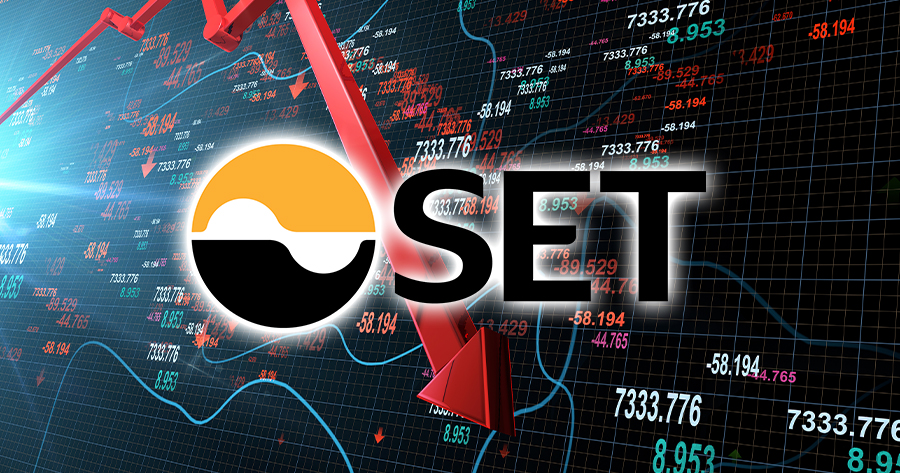Thailand’s SET Index closed the morning session on Monday at 1,637.86 points, down 9.81 points or 0.60% with a trading value of 33 billion baht amid concerns of rising inflation, while foreign funds net sold 3,401 million baht of Thai securities for the first two trading days in June.
As of 14:00 local time in Thailand on June 6, 2022, Nikkei rose 0.56%, SSEC gained 1.21%, Hang Seng Index increased 1.61%, while ASX 200 dropped 0.45% and IDX Composite fell 1.64%.
In the meantime, Dow Jones Futures rose 0.54%, S&P 500 Futures increased 0.71% and Nasdaq Futures gained 0.96%.
Thailand’s inflation rose to a 13-year high in May as costs of living continued to soar amid rising energy prices, while several of the government’s support packages have expired, the Ministry of Commerce reported on Monday.
The Consumer Price Index (CPI) rose to 106.62 in May, up 7.10 percent year-over-year and 1.40 percent from the previous month’s reading. The average inflation rate for the first five months of the year (Jan-May 2022) was 5.19 percent.
Meanwhile, the Core CPI was at 102.74 in May, an increase of 2.28 percent from the same period of last year and 0.17 from a month-over-month basis.
Meanwhile, Saudi Arabia announced that Saudi Aramco will raise oil prices for its biggest market of Asia for July shipments amid rising demand as the region’s main economies ease coronavirus restrictions.
Saudi Aramco raised its key Arab Light crude grade for Asian customers by $2.10 a barrel from June to $6.50 above the benchmark it uses, which is higher than the $1.50 raise expected by the market.
According to data compiled by Refinitiv, major buyers of Saudi Aramco are China, India and South Korea. However, rising inflation in the region could potentially impact Thailand indirectly in terms of higher costs from imported products.





